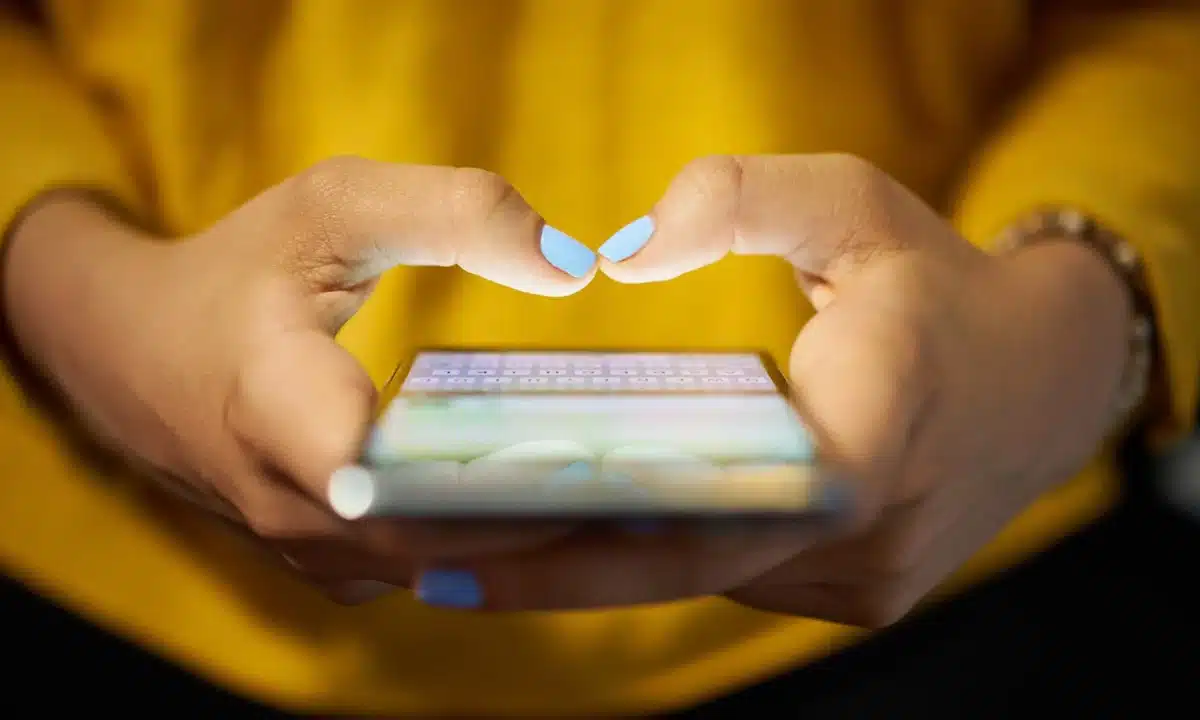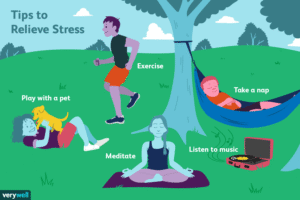Social media has become an important part of everyday life. People spend a lot of time on digital content every day, such as browsing Instagram, Twitter or using Facebook to socialize. These platforms are useful, fun and can help people build a sense of community, but they also bring with them psychological and emotional problems. More and more people are concerned about the impact of social media use on mental health and the importance of finding a balance.
How does social media affect mental health?
Social media sites are designed to be fun and hard to stop. The constant stream of posts, likes, comments and shares can make you compare yourself to others and question your own abilities. Seeing someone else’s edited photos can make you feel dissatisfied, jealous or lonely. Many people, especially teenagers and young adults, use social media to judge their own worth. Over time, this can lead to stress, depression and low self-esteem, especially if they are seeking approval online.
The role of dopamine and digital rewards
Dopamine is a chemical that is associated with pleasure and reward. It is released every time someone likes something, comments on it, or receives a notification. This can make people want to constantly check and interact with social media, even when it is not helpful or positive. This may feel good in the short term, but it can lead to addiction, mental burnout, and overuse. Over time, people can develop a need for digital approval and rely on social media conversations to feel good about themselves. This digital reward system can really hinder self-confidence and mental freedom.
The Link Between Screen Time and Sleep
A lesser-known but important effect of social media is that it can cause insomnia. People often scroll through their phones until late at night, but this often prevents a good, restful night’s sleep. The blue light from screens suppresses the production of melatonin, making it harder to fall asleep. Whether it’s news, memes, or drama, interesting things keep the brain busy when it should be relaxing. In turn, sleep deprivation can lead to emotional disorders such as sadness and anxiety. Screen-free time before bed can significantly improve your sleep and overall health.
Cyberbullying and online harassment
There can be good things that happen on social media, but there can also be bad things, such as stalking, mockery and online harassment. Online gossip, public shaming and negative comments can have a significant impact on people’s mental health, especially young users. Victims can feel anxious, scared, ashamed and withdraw from society. People often feel unable to escape this because they keep track of their activities on their phones, from school or work to their personal lives. To limit these negative effects, it is crucial to educate people on how to use technology properly and encourage kindness online.
Fear of missing out and comparing yourself to others
There is a lot of pressure on social media because of the fear of missing out (FOMO). When others post about activities, trips or achievements, you can feel that other people’s lives are better and more exciting. This false belief can make people unhappy, jealous and feel like they are missing out. Over time, it can erode a person’s sense of self-worth and respect for their own life. To protect their mental health, it’s important to know that social media only shows the highlights of real life.
Set reasonable limits on social media use
To find a good way to use social media, people need to think about when, how, and why they use social media. You can reduce overuse by setting daily time limits, turning off unnecessary posts, or scheduling time away from the computer. Setting aside tech-free spaces in your home, such as the bedroom or dining room, can also help you relax and improve your relationships with others. Another step in using social media wisely is to use platforms that inspire you instead of draining you.
Integrate positive feeds
What you see on social media can affect how you feel at that moment. When your page is filled with negativity, unachievable goals, or nasty comments, it’s time to tune out. Following people, pages, and authors who inspire, teach, or encourage you is what creating a positive feed is all about on social media. Interacting with people in real life can help maintain balance in our fast-paced, image-based, social media society.
Make social media a tool, not a crutch
Using social media effectively is more beneficial than relying solely on it. When used wisely and in a balanced way, social media can be incredibly beneficial for learning, connection, and creativity. It’s important to ensure that social media is helping, not hurting, your well-being. Ask yourself: does the internet make me feel better or worse? Does it help me achieve my goals, or does it distract me from my focus? These questions can help you make smarter digital choices.
Let people talk openly
Let’s talk about social media and mental health without fear of being judged. People who care about children, teachers, friends, and caregivers should support open conversations about how social media makes them feel. Knowing that it’s okay to take a break, ask for help, or even delete apps can empower people to make their mental health a priority. Being open about how you feel about technology can help you feel less ashamed and build a better, healthier relationship with it.
Choose Balance, Avoid Burnout
Social media is a huge part of life these days, but like any powerful tool, it should be used with caution. It can inspire and tear people down, connect and alienate, lift people up and tear them down. It’s crucial to stay alert, get clear on your goals, and set boundaries. You can reclaim your time, focus, and inner peace by developing a better relationship with social media—one that benefits your mental health, not harms it. To find balance, you don’t have to quit social media altogether; you just have to use it in a way that benefits your mental and emotional health.




